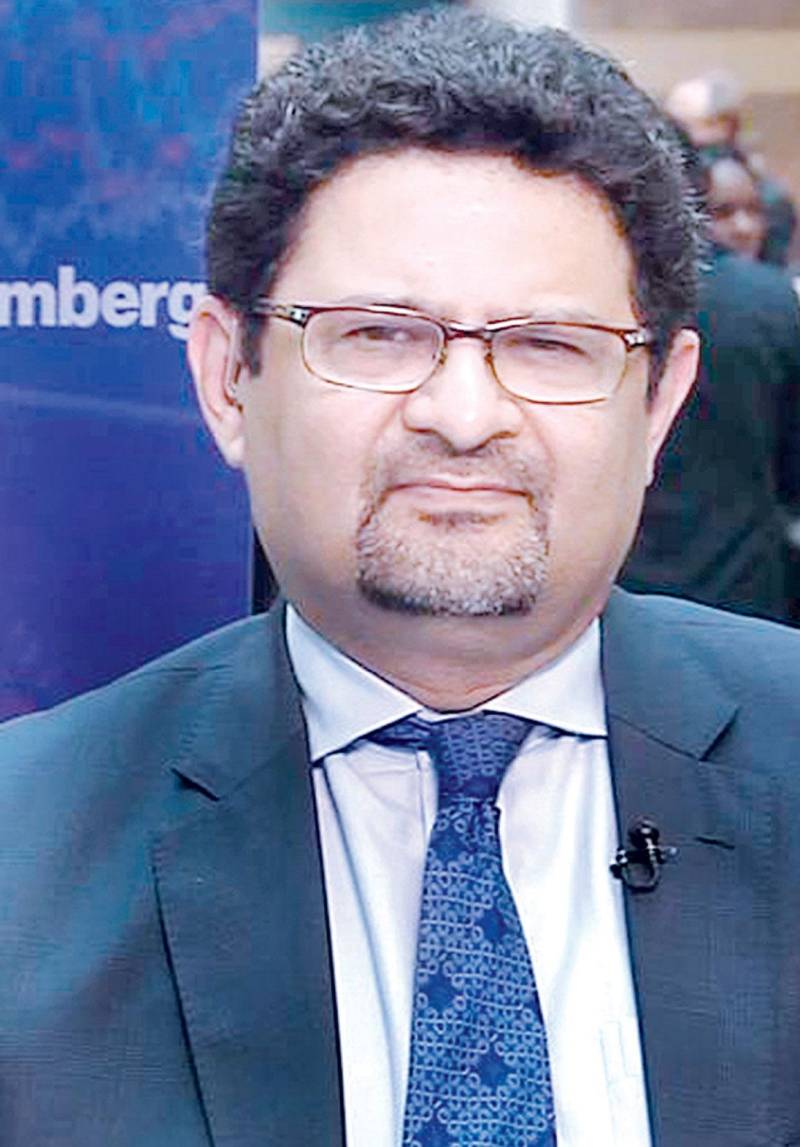ISLAMABAD - Federal Minister for Finance and Revenue Miftah Ismail on Friday said that he expected a turnaround in the economic situation of the country very soon.
“The current account deficit for April stood at $623 million, less than half of the average for the first 9 months of the fiscal year. This is a very good sign for external stability. With positive IMF talks underway, we expect a turnaround in the economic situation very soon,” the minister said on twitter.
The current account deficit is on the decline in the last two months. “Current account deficit shrank to $623 million in April 2022; only two-thirds of March 2022 deficit of $1,015 million,” the State Bank of Pakistan said. “A rise in workers’ remittances (by $315 million) and fall in imports (by $246 million) explain this reduction,” it added. Meanwhile, the cumulative current account deficit soared 27 times to $13.78 billion in the first 10 months (July-April) of the current fiscal year as compared to a mere $543 million in the same period last year.
The current account deficit, difference between inflow and outflow of US dollar, is one of the major economic challenges for the incumbent government. The current account deficit (CAD) and repayment against previous loans are eroding the country’s foreign exchange reserves, which have fallen to $10.164 billion.
The coalition government is negotiating with the IMF for revival of loan programme to address its balance of payment crisis. Talks between both the sides had started on May 18 in Doha, Qatar wherein Pakistan has assured the Fund to reduce the volume of subsidies on electricity and petroleum products prices.
Pakistan is not increasing oil and electricity prices from March 2022 despite massive hike in international market. The previous as well as incumbent governments are giving massive subsidies on oil prices, which would widen the budget deficit of the country in the current fiscal year.
Earlier in March this year, the talks between IMF and Pakistan remained inconclusive as the Fund objected to the Prime Minister’s Relief Package for slashing down petrol, diesel, and electricity prices as well as granting tax amnesty for the industrial sector.
In order to control the soaring current account deficit, the government on Thursday had announced to ban import of 38 non-essential luxury items, which would yield $6 billion annual saving of foreign exchange reserves.
Items included mobile phones, home appliances, fruits and dry fruits (except from Afghanistan), crockery, private weapons and ammunition, shoes, chandeliers and lighting (except energy savers), headphones and loudspeakers, sauces, ketchup etc, doors and window frames, travelling bags and suitcases, sanitary ware, fish and frozen fish, carpets (except from Afghanistan), preserved fruits, tissue paper, furniture, shampoos, automobiles and others.






